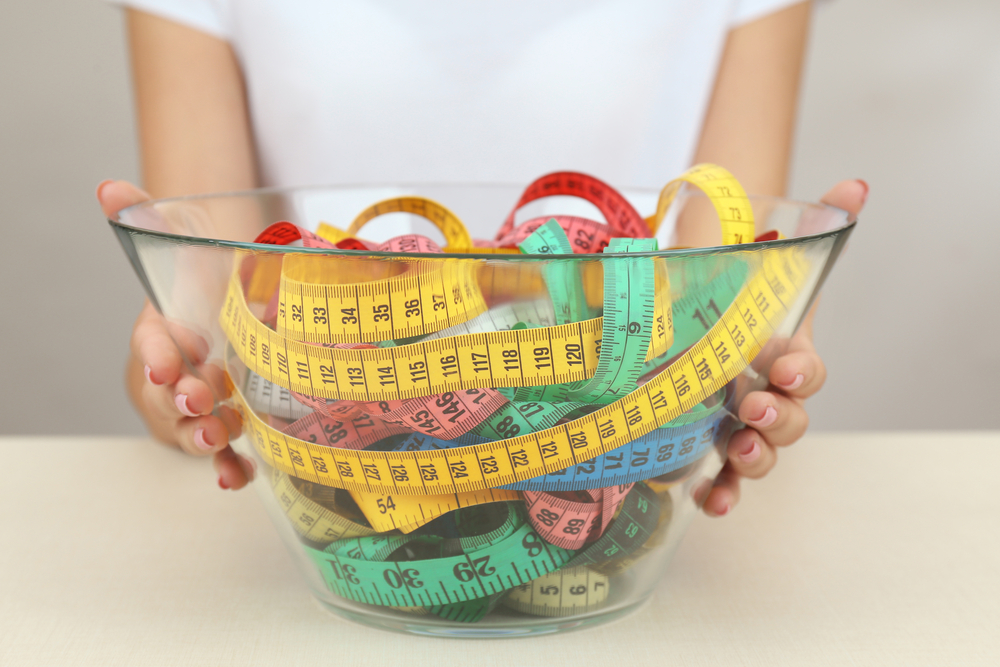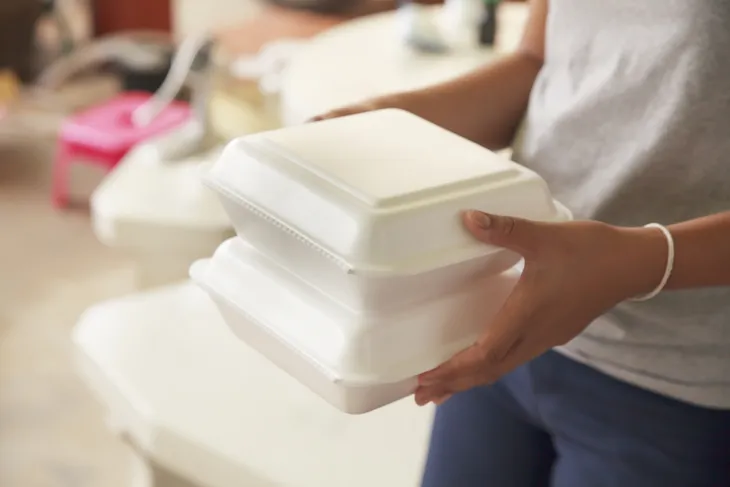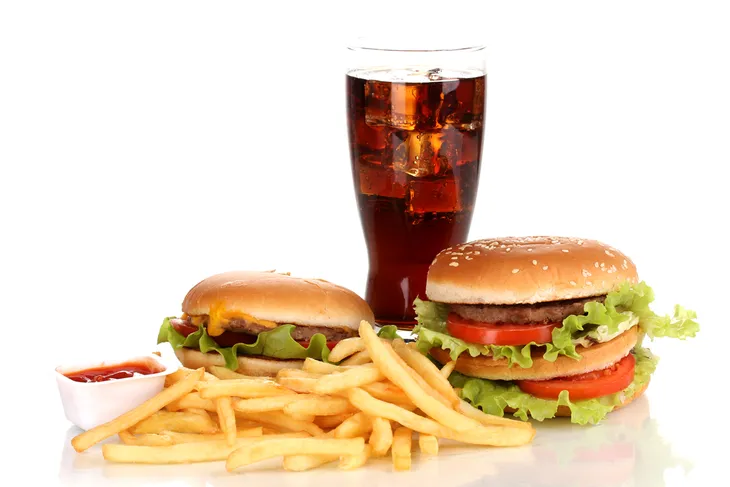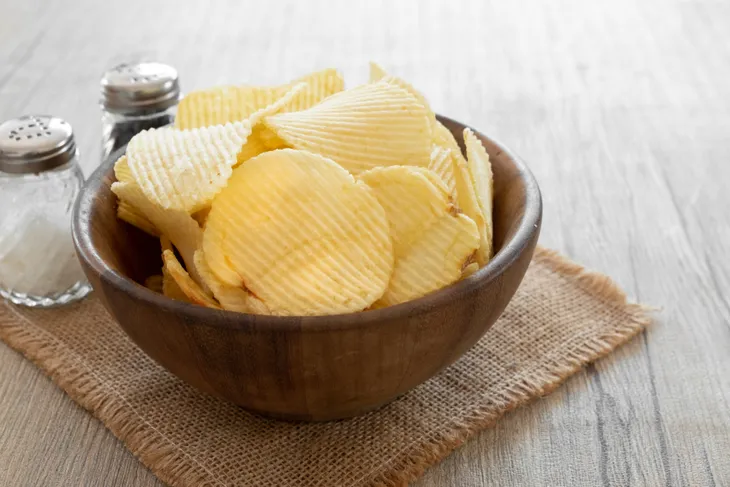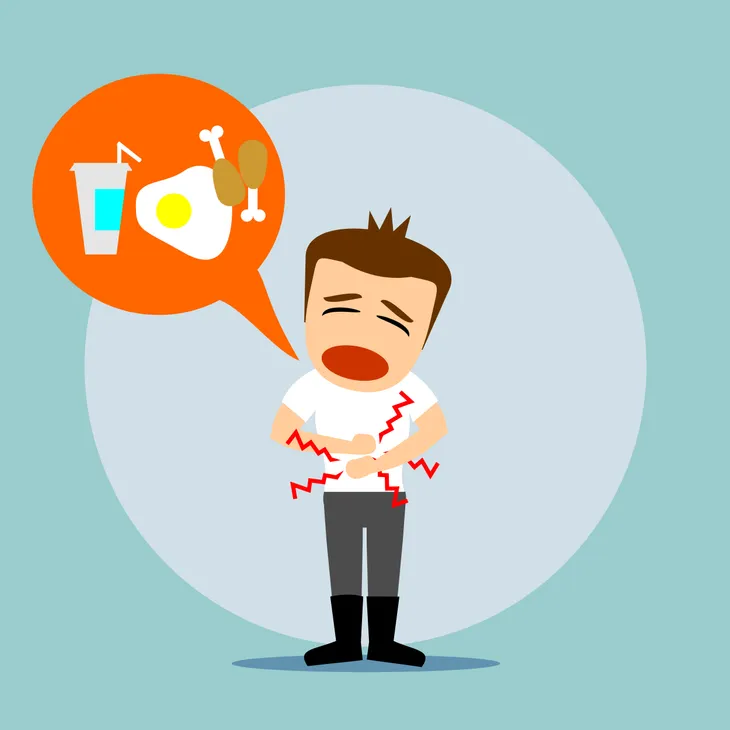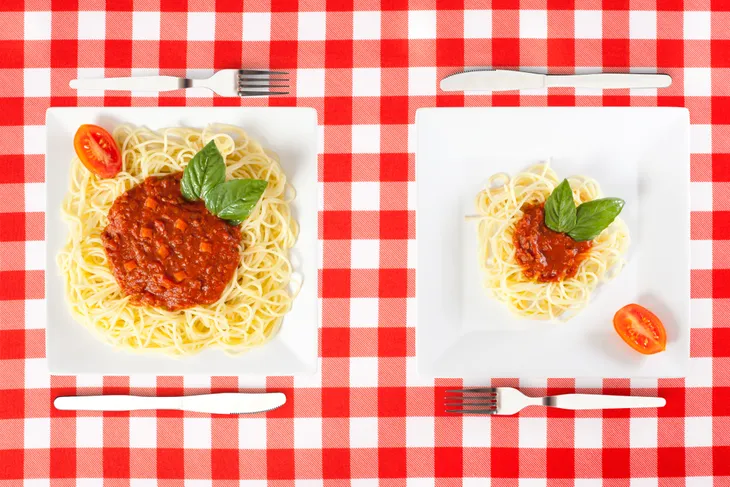Weight loss is on a lot of minds once the New Year rolls around. However, with food manufacturers and restaurants pushing portion distortion—a phenomenon in which mass society regards abnormally large food portions as average—it’s difficult to resist super-sizing our meals.
In fact, the average portion size of a North American restaurant meal has grown so much over the past decade that a single plate serving is piled with enough food for two or 3 people. Understandably, many people don’t know what an appropriate portion or meal looks like anymore. Luckily, we know that a serving of meat should be the size and thickness of our palm while a serving of rice or pasta should be no larger than our fist. However, one can’t always decipher healthy portion sizes without measuring cups.
Never fear, here are 10 tips for beating portion distortion…
Eat Breakfast
If you start each day by consuming a healthy, nutritious, ideally-proportioned breakfast chances are you won’t be hungry again before lunchtime and run to the vending machine or nearby café for a muffin. Plus, studies show that those who eat breakfast are less prone to overeat at lunchtime.
Ask for a Take-Out Container
If you do go out for lunch to a restaurant you know serves large portions, avoid the temptation to binge eat right off the bat by asking for a takeaway container. That way you can immediately put half your meal into the container for lunch the next day and consume the leftover portion in front of you.
Buy in Single Servings
One surefire way to avoid getting your hand caught in the cookie box (and eating the entire box) is to buy portion-packaged foods. For instance, cups of yogurt, pre-wrapped granola bars, single serving soups and cereals all come individually wrapped, which takes the guessing out of portion control when you’re in a rush.
Resist the Pressure to Up-Size
You already know when you grab a burger and fries at the drive-thru, you will be asked “do you want to supersize that?” So bring only the exact amount of money with you when eating out. Or better yet, order online where you won’t feel pressured to up-size those fries or that soda.
Pre-Portion on Your Own
I know that it’s difficult to buy single servings in everything you bring home from the market. So what I do is do my own pre-packaging when unpacking my grocery bags. I use plastic zip bags and containers to portion my own fruit, yogurt, cereal, and so forth for my week’s lunches so I don’t go overboard. And when consuming movie snacks, I only fill a small cereal bowl once with popcorn or baked chips—and there’s no going back for seconds.
Don’t Go Hungry to Dinner
I know that if I’m going to a birthday party or potluck that I’ll be tempted to overeat. That’s why I always make sure to consume lots of water as well as a small snack—like a piece of fruit, a small salad, or bowl of soup—before I leave the house. This way, I never go to dinner starving.
Order Appetizers
I often use self-containing control when I go out for dinner as well. Again, I always consume plenty of water and a small snack, and I often choose to order an appetizer for my main meal. That way, I’m still eating with everyone; however, I’m controlling my portion.
Splurge on Dessert
We all enjoy a little splurge by savoring a dessert once in a while. However, “little” is the key word here, and dessert portions of cake can often be thousands of calories in a sky-high slice. That’s why I make it a prerogative to split my desserts with a friend or my partner.
Serve Dinner on Dessert Plates
I’m not suggesting cheesecake for dinner; I’m actually recommending swapping your larger dinnerware for smaller plates. If you serve yourself a stir-fry or sandwich on a smaller plate, you won’t be fooled by the empty space on the plate.
Always Read Labels
Have you ever looked at the serving portions indicated on your favorite cereal or your bag of flavored snack foods? If you do, you’ll probably be shocked by how much you’ve been overeating. Don’t beat yourself up—I’ve done the very same thing. However, now that you’re wiser, always read the packaging and take note of the number of servings. Again, proportion them ahead of time so you won’t be tempted to eat the entire box or bag.
